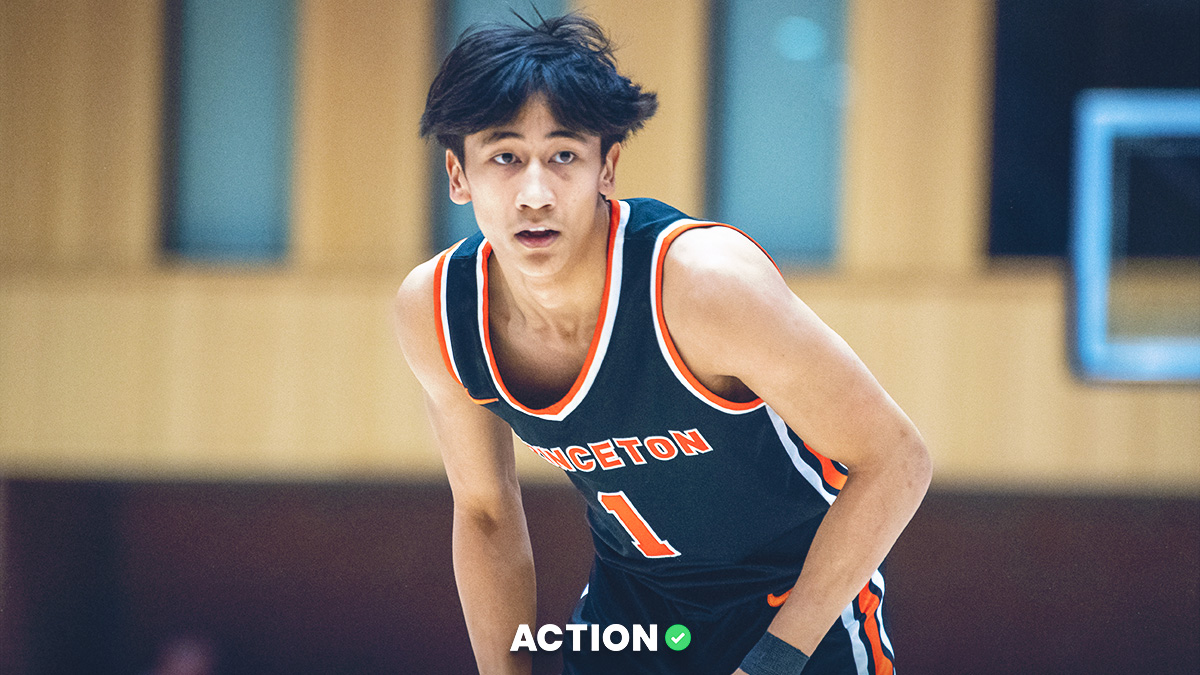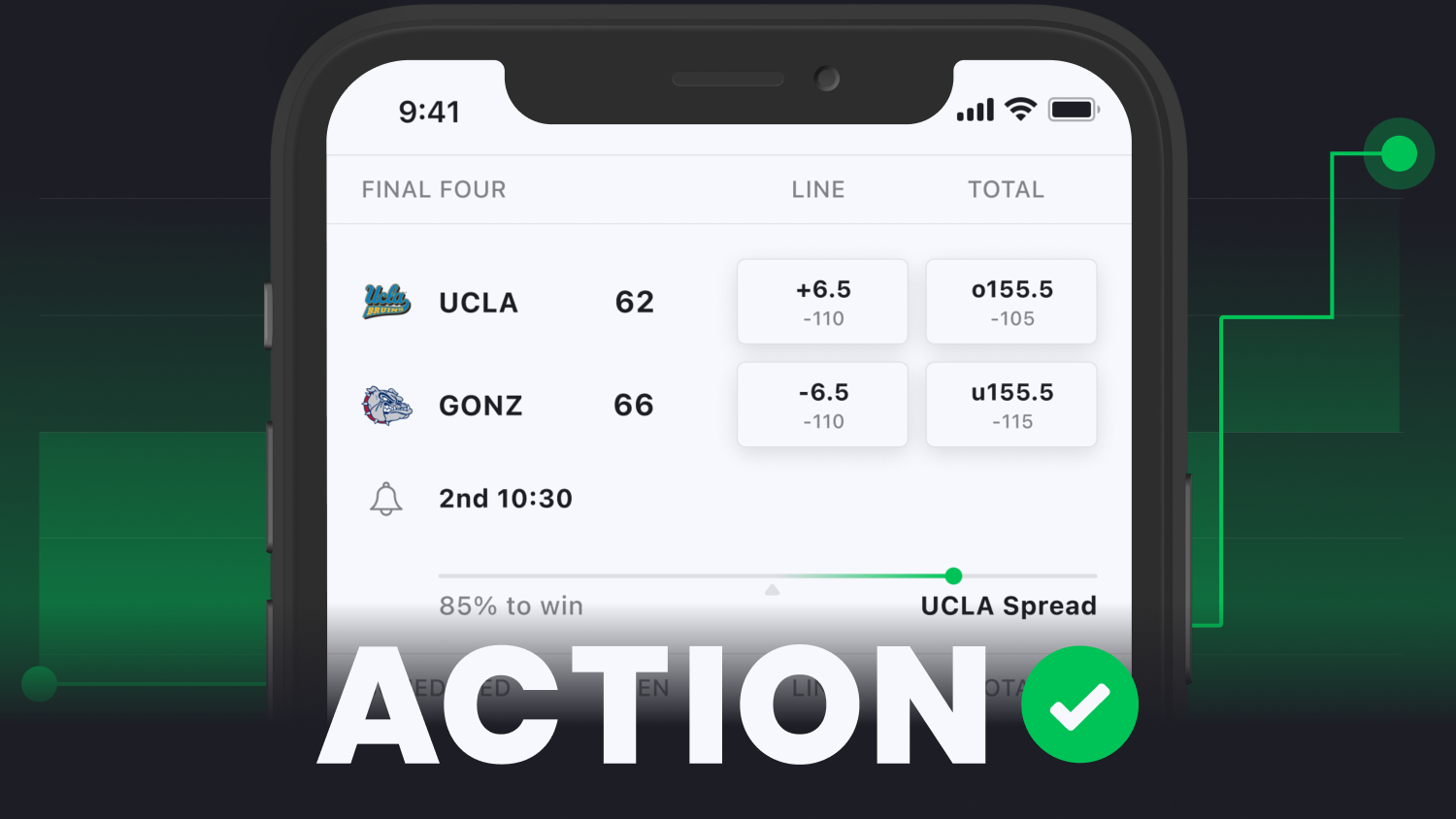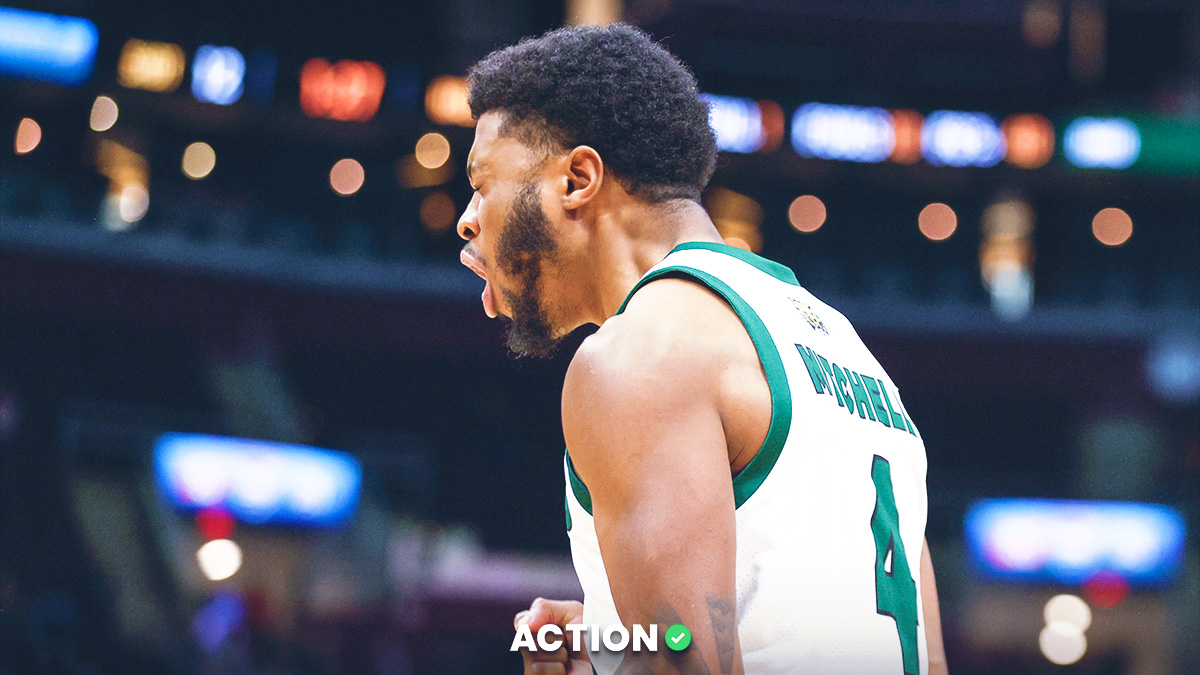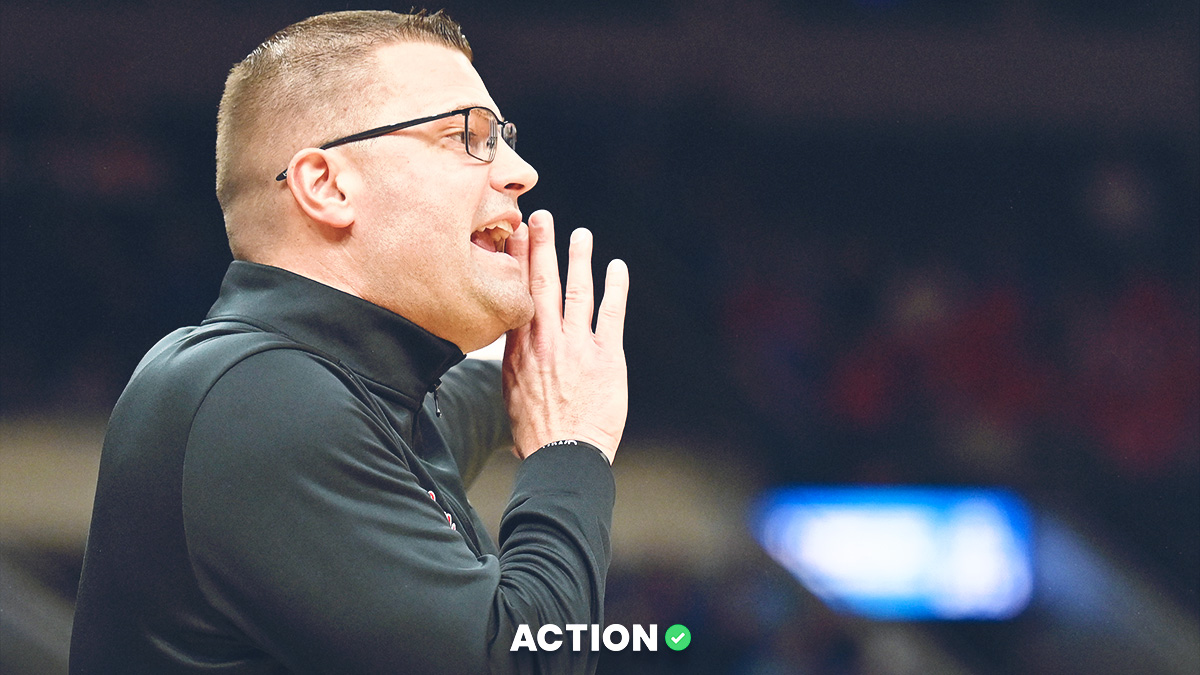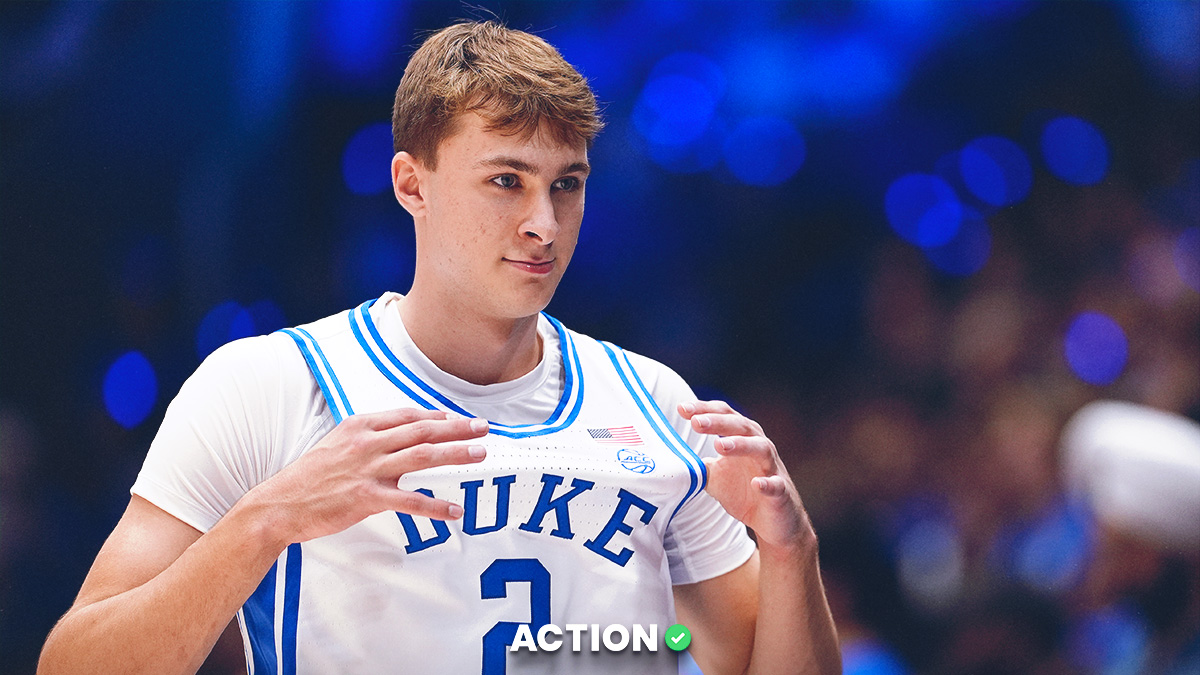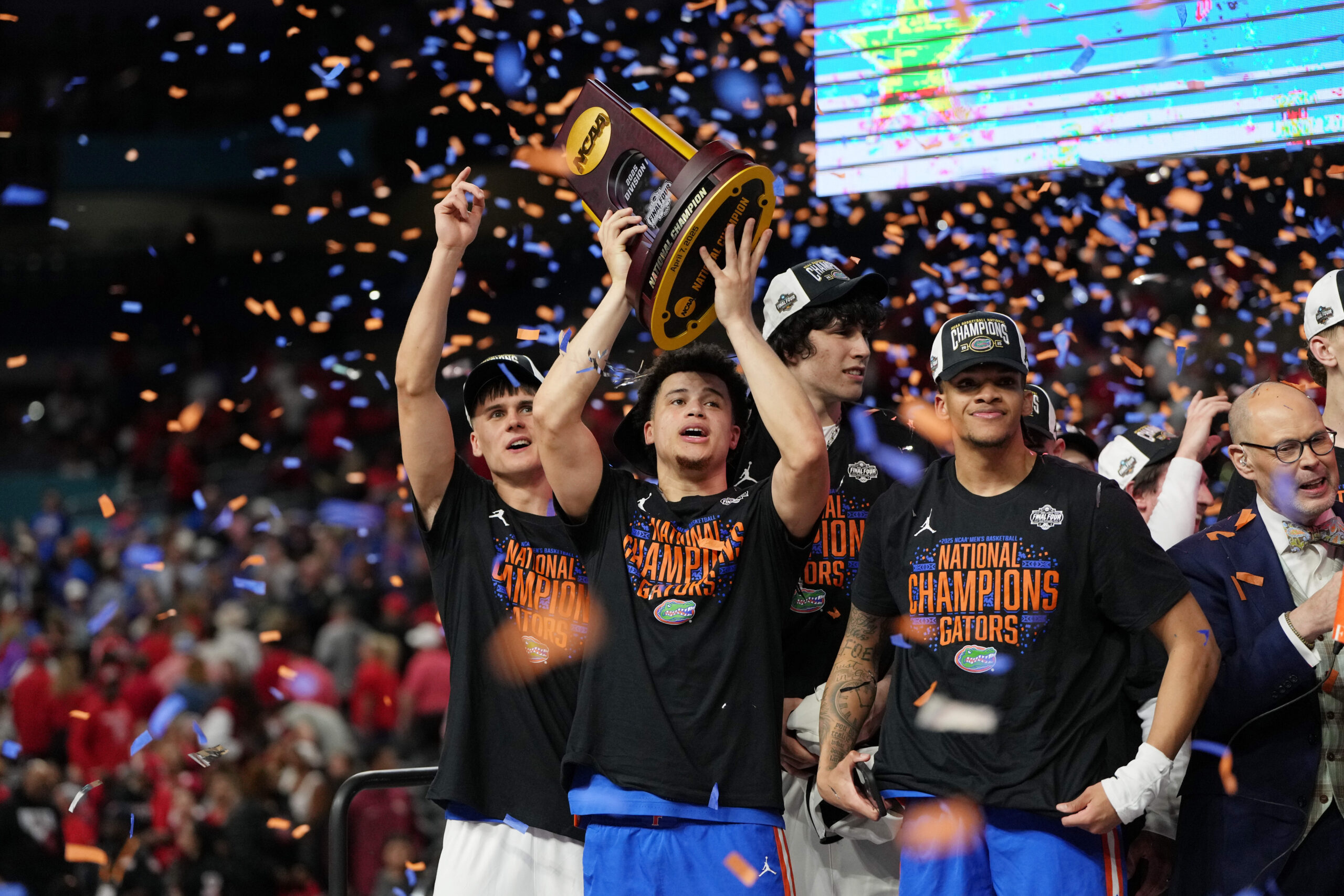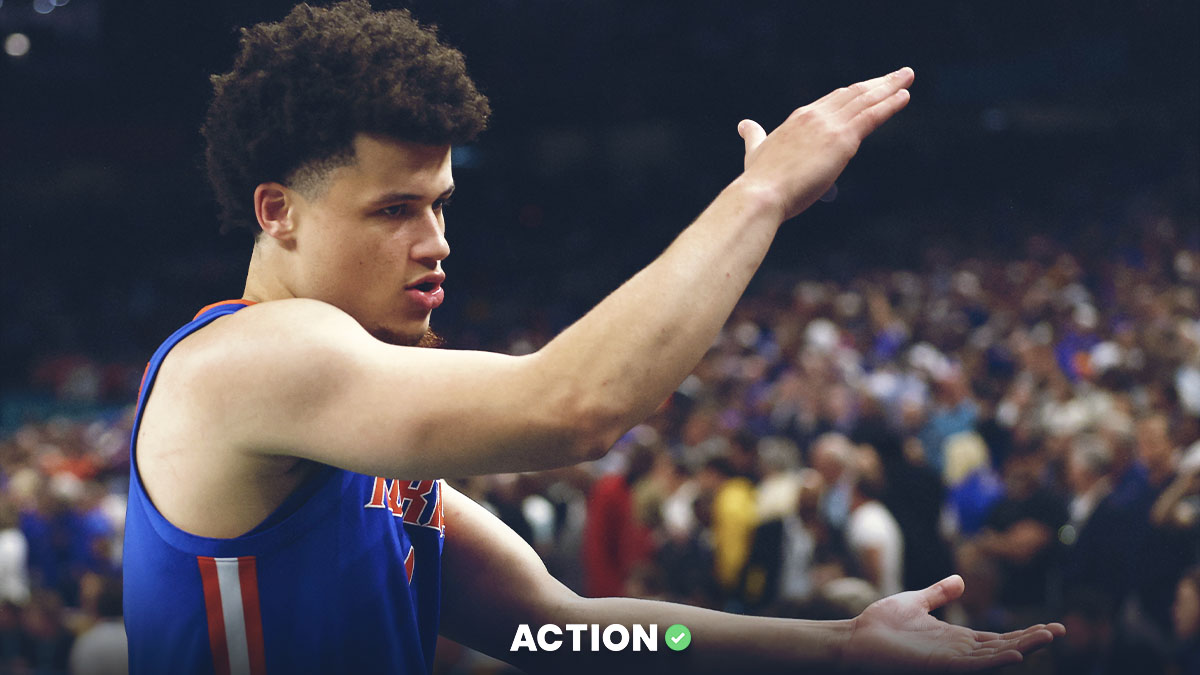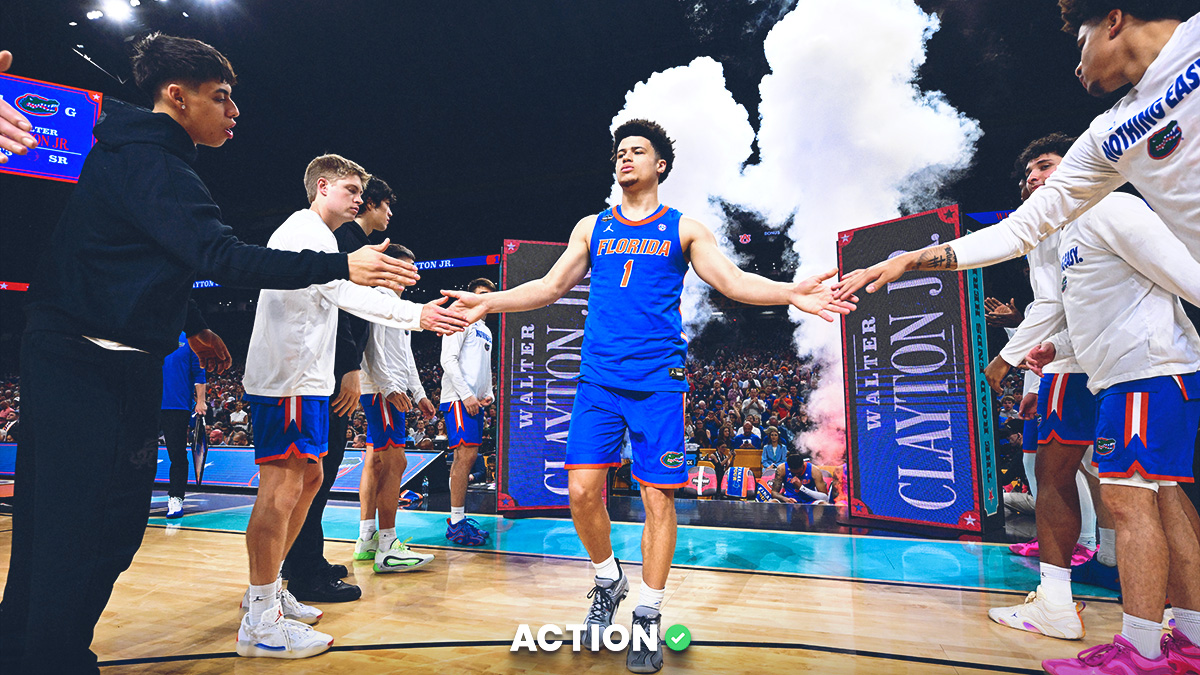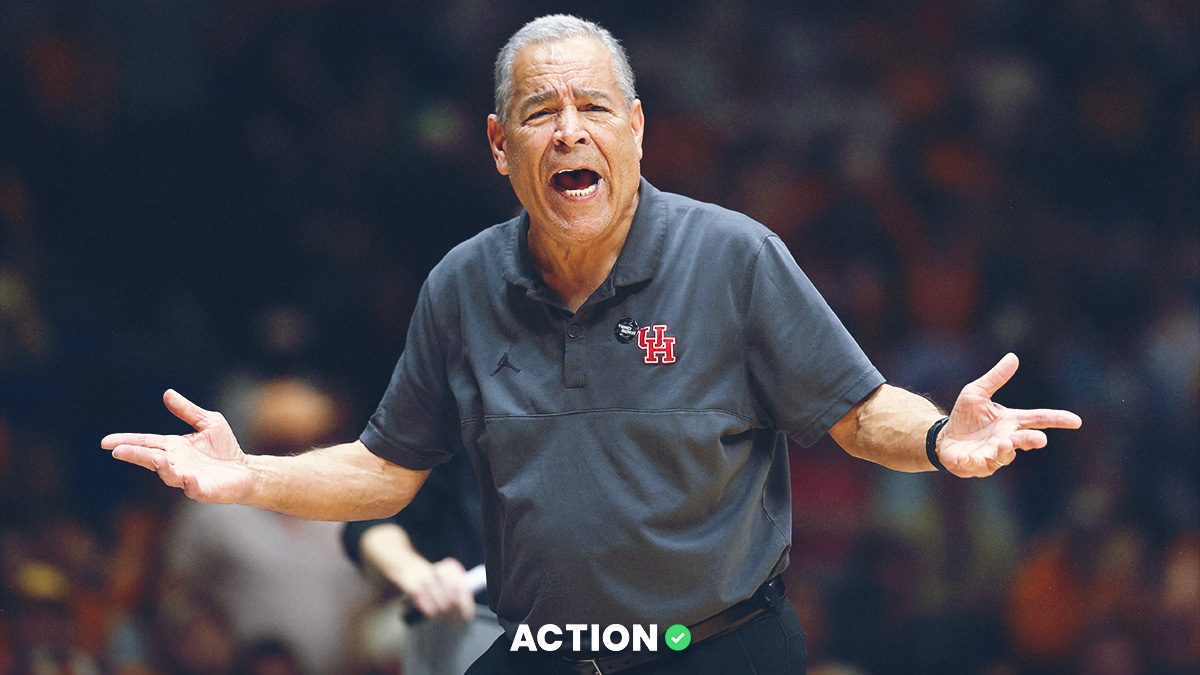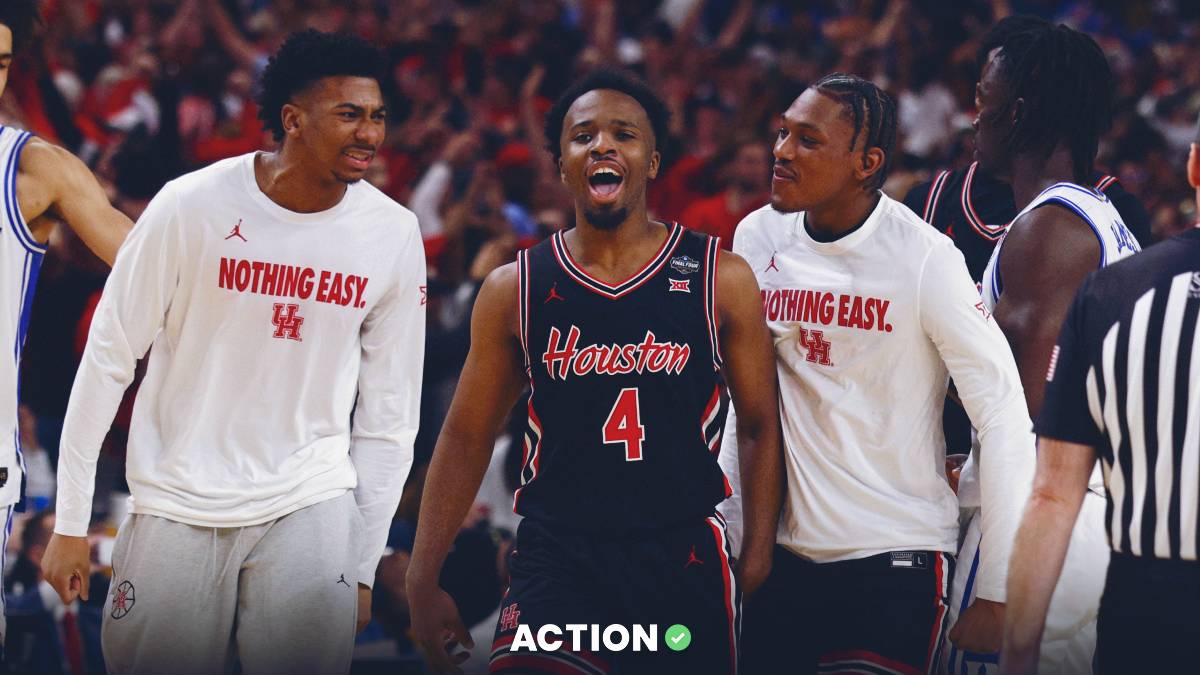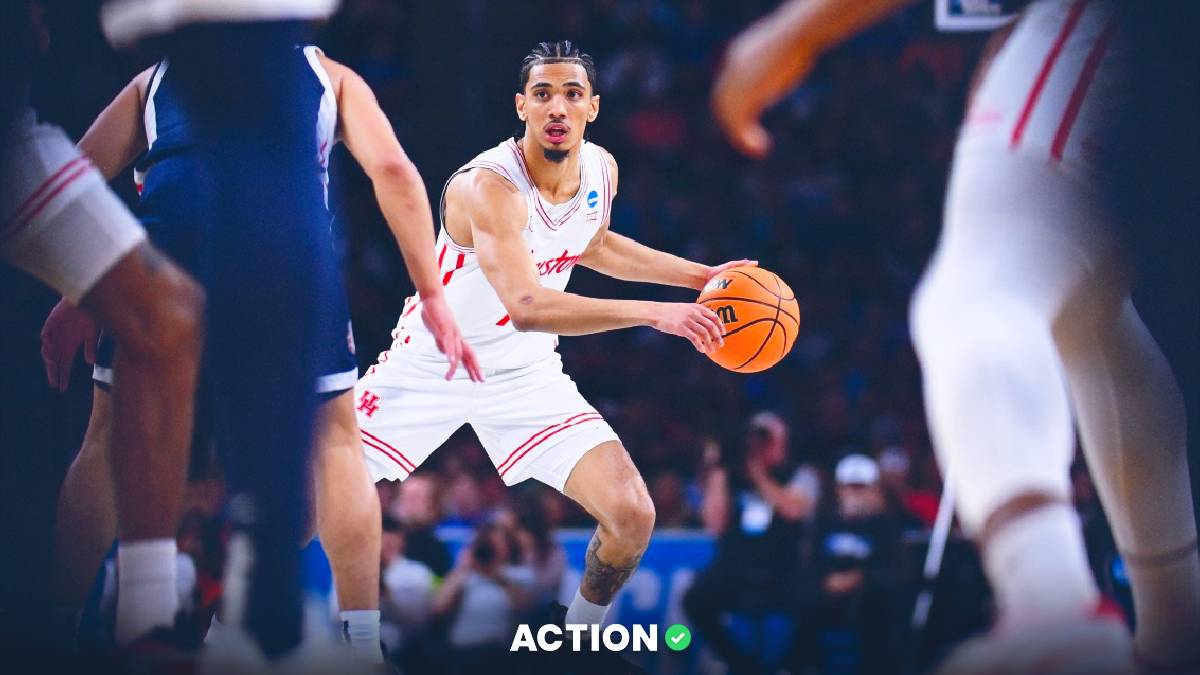Among the mid-major basketball landscape, the Ivy League has carved a special niche. Known throughout the world for their academic standards, the Ivy League institutions have created a legacy on the basketball court as well.
In March, the Ivy League has swung well above its weight class in recent years.
Of the last 12 Ivy League teams to make the tourney, six won their first-round game, two made the Sweet 16 and three more lost their opening game by five or fewer points.
This season, that will again be the expectation. Princeton is a top-100 team by KenPom's preseason metrics, with Yale not far behind.
The eight-team league, a vestige of what was once great about the conferences in college sports, should once again produce drama all season long, leading to a champion with a puncher's chance of creating havoc in the Big Dance.
Let's preview each of the eight teams in the Ivy, with an eye on their odds to win the league's regular season title. Here's my 2024-25 Ivy League betting preview.
2024-25 Ivy League Regular Season NCAAB Conference Title Odds
| Team Name | Odds (Via Caesars) |
| Princeton | +350 |
| Brown | +800 |
| Yale | +850 |
| Penn | +850 |
| Cornell | +900 |
| Columbia | +900 |
| Harvard | +1000 |
| Dartmouth | +1300 |
Princeton Tigers (+150)
The Tigers have won the Ivy League regular season crown three years running, yet were only able to finish the job by winning Ivy Madness in 2023.
That win kickstarted Princeton's run to the Sweet 16, yet notably that year's Ivy Madness took place on the Tigers' home floor.
Sandwiched around that magic run, Princeton's postseasons have ended in disappointment.
This season, head coach Mitch Henderson returns one of the most talented twosomes in all of mid-major college basketball. Princeton's backcourt is made up of juniors Caden Pierce and Xaivian Lee.
Pierce was named Ivy League Player of the Year last season, with Lee also among the conference's All-First Team honors. Lee flirted with the NBA draft after his sophomore season, a rare occurrence for a 6-foot-3 guard at an Ivy League school.
The pair combined for more than 33 points per game last season, with each adding more than three assists per night. That tandem attack on the perimeter was a challenge few Ivy League defenses could answer.
Beyond that top two, however, questions remain. The Ivy League's refusal to allow fifth-year players sent several contributors to the portal, while very little production remained in North Jersey. Princeton returns only four players who played 200 minutes or more last season.
Pierce and Lee are clearly good enough to spark this team to another great season in the Ivy League, but I want to see some of the other contributors step up this fall before I fully jump on the hype train.

Brown Bears (+300)
If you worship at the analytical altar of KenPom — like much of the college basketball betting community — this number jumps off the page.
There's plenty of noise in KenPom's preseason numbers — which take into effect a program's projected roster with some historical precedents — but they've proven to be a great starting point for priors heading into the season.
It's odd then to see Brown listed as the second favorite here, but ranked sixth in the Ivy League by KenPom.
Brown winning the league would certainly make for a great narrative. The Bears collapsed in the final moments of last year's Ivy League title game, squandering a chance to play in the Big Dance.
It was a heart-breaking moment for a program that hasn't won the Ivy since 1986 and has played in just one NCAA Tournament game since World War II (a 49-point loss to Syracuse in that 1986 season).
There's optimism for this upcoming campaign to be the one that returns Brown to the promised land. Kino Lilly Jr. led the Ivy League in scoring last season and returns to campus, and he's joined by all-conference performer Nana Owusu-Anane.
With those two last season, however, Brown started 6-17 before ripping off seven straight wins.
Unless something radically changed during that seven-game win streak — and that something has the staying power to return after an offseason where several contributors hit the transfer portal — it's hard to imagine Brown making a big enough leap to win the conference regular season crown.
Yale Bulldogs (+475)
Before James Jones took over at Yale, the Bulldogs hadn't won the Ivy since 1962 and were riding a streak of seven straight losing seasons. It took some time, but Jones has now established the Bulldogs as the premier program in the Ivy.
Yale has won four of the last eight conference titles, parlaying that success into upset March Madness wins over Baylor and Auburn in that span.
Without the allure of the transfer portal, the Bulldogs would be a massive favorite to once again win the league.
Instead, All-Ivy big man Danny Wolf left for Michigan, while three-year starter Matt Knowling found his way to USC.
Two key starters remain at Yale. Bez Mbeng looks to repeat as Ivy League Defensive Player of the Year, while John Poulakidas will look to carry the mojo from his 28-point performance against Auburn into his senior season.
Princeton is the more talented team — a rightful favorite — yet it's hard to ignore the Bulldogs at this price. Jones has had too much success in New Haven to not be considered the league's second-best threat.
Penn Quakers (+500)
Last season started with a bang for the Quakers. An early November upset of Big 5 bully Villanova had Penn flying high before the season took a dark turn.
Leading scorer Clark Slajchert suffered an injury that sidelined him for an eight-game stretch, during which Penn went 1-7.
In total, during a midseason swoon, the Quakers dropped 10-of-11.
The offseason made matters worse, with talented freshman Tyler Perkins transferring to Villanova. The effort to replace Perkins and Slajchert — who graduated and left for USC — is a tall task.
Penn has a host of players with spotty experience, both as Quakers or via the transfer portal. Within that collection, there could be a team capable of climbing its way to Ivy Madness.
I'm more than skeptical that this roster could actually overtake Princeton or Yale for the Ivy League title, but March is miles away.
Cornell Big Red (+800)
The Big Red hit a high watermark last year. Cornell went better than .500 in Ivy play and reached 20 wins for the first time since its Sweet 16 season in 2010.
After that run, now Penn coach Steve Donahue left Cornell, and the Big Red program was in serious need of a rebuild.
Last year's success was a testament to the coaching job by Brian Earl, who was then rewarded with a new job at William & Mary. He was replaced by Jon Jaques, a contributor on that 2010 team and a longtime assistant coach at Cornell.
With a fair amount of last season's production out the door, eyes will be on Jaques as a head coach. Earl was a hard line analytical mind, with the Big Red fully diving into pace-and-space.
Early in the season, I'm keen to see if Jaques keeps that alive in Ithaca or if he shifts the program to a different style of play.
Columbia Lions (+1600)
The Lions haven't won the Ivy League since 1968 and are one of just two teams in the conference to never reach Ivy Madness since its inception in 2017.
Last season had some hints of things turning in the right direction. Columbia's 13 wins marked its most since now-Washington State head coach Kyle Smith led the Lions to a 25-10 record back in 2016.
A 13-14 season, however, is not much to write home about, especially when three of the wins were 40+ point blowout victories over non-Division I opponents.
In conference, Columbia was just 4-10, with two of the wins coming in a sweep of dreadful Dartmouth.
Leading scorer, and one of the great names in college basketball, Geronimo Rubio De La Rosa returns, but the Lions are still expected to finish near the bottom of the Ivy.
Harvard Crimson (+2200)
Quietly, Harvard has become one of the more head-scratching programs in college hoops.
Former Seton Hall and Michigan coach Tommy Amaker immediately made an impact when he joined the Crimson in 2008. From 2011-2015, Harvard was a top-100 KenPom team five years in a row, with five Ivy League crowns, four NCAA Tournament bids and two wins in the Big Dance.
The Crimson then went through a series of heartbreaking March defeats.
Those include a one-game playoff loss (by two points) to Yale in 2017, a three-point loss in the first Ivy Madness tournament title game in 2018 (to Penn, on the Quakers' home floor), a loss in the title game to Yale on the Bulldogs' home court in 2019 and then with the chance to host Ivy Madness as the two-seed in 2020, the Crimson watched the world shutdown due to COVID-19.
The Ivy League then sat out the entire 2020-21 season, and since then, Harvard hasn't been the same, posting three straight 5-9 seasons in conference play.
This season should've marked the chance for a turnaround. Harvard's top two scorers last season were a freshman and sophomore, and both popped for more than 16 points per night. Both, however, found new homes in the transfer portal.
Eyes now turn to freshman Robert Hinton, a four-star recruit. The Ivy League isn't typically a place where freshman enter and produce, yet that's what Amaker will need this season.
Dartmouth Big Green (+3000)
From 1938 to 1959, Dartmouth was the class of the Ivy, winning 11 conference titles. The 1959 championship remains Dartmouth's last, with the Big Green program being in disarray for decades.
Dartmouth hasn't won even 15 games in a season this century, with 12 last-place finishes since 2000.
Coach David McLaughlin returns a lot of his roster, yet returning the bones of a team that went 6-21 (and 2-12 in conference) doesn't amount to much optimism this season.
This is a program that's dropped 18 straight road games, dating back to January of 2023.
Perhaps Adrian Wojnarowski's decision to leave ESPN to helm the program at his alma mater will inspire his former colleague Zach Lowe to do the same. The Big Green could use a boost of any kind.


